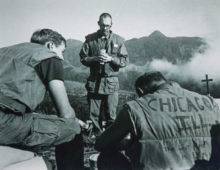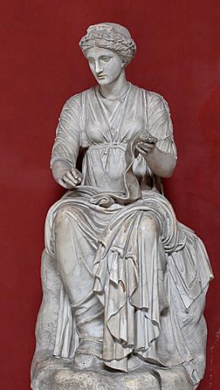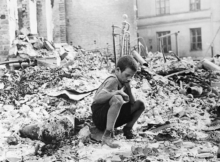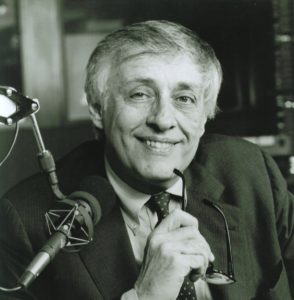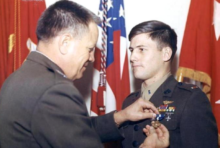
What It’s Like To Go To War
With Karl MarlantesAdded 4.18.19. Decorated Marine, Vietnam War rifle platoon leader, novelist, Yale grad and Rhodes Scholar Karl Marlantes discusses with Milt his non-fiction exploration, “What It’s Like To Go To War.” He begins by noting that “the overwhelming feeling of war is a combination of sadness at the deaths of friends and foes,” and of “exhilaration” about both survival the killing of one’s mortal enemies. It is, he says, quite a lot for a young man to experience, and then have to describe upon return home. Marlantes previously authored an acclaimed Vietnam novel, Matterhorn.


